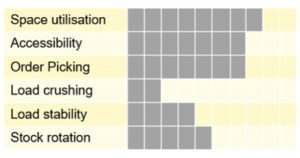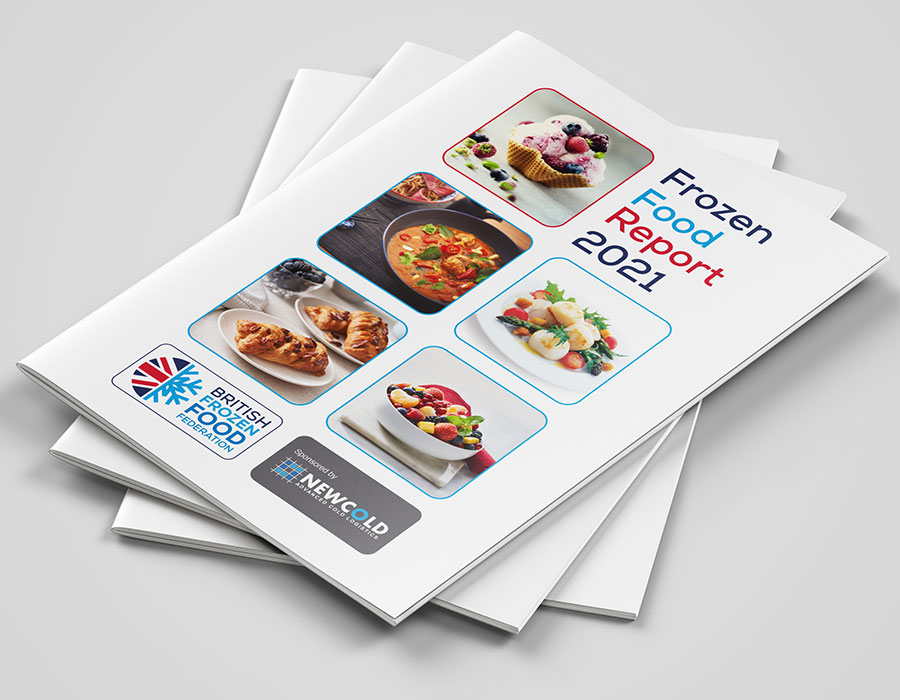New Legislation concerns
By Barry Turner, director, British Plastics Federation – a plastic and flexible packaging group
From April 2022, plastic packaging produced in, or imported to, the UK which does not contain at least 30% recycled plastic, will be subject to a levy of £200 a tonne.
Meanwhile, in the November budget Chancellor Rishi Sunak included several measures that will impact on the nation’s air quality, including the partial end of a controversial red diesel tax break.
Both legislative measures raise questions and concerns for those in the frozen food supply chain.
The present design of the plastic tax, although well intentioned, presents the plastic packaging supply chain with challenges. This is because it does not recognise the current supply, regulatory or technical constraints, nor the timescale to sensibly address these issues.
The risk is that some specifiers of packaging in applications where recycled content cannot be included, will take measures to mitigate the increased cost. This will drive some to examine if less material can be used, move to structures that are less recyclable, or switch materials. Some of these alternatives could result in greater environmental impacts and will not help drive the demand or use of increased recycled material.
Recently a body of 13 scientists and environmental experts called on the media and others to ensure the realities of plastic pollution are not misrepresented. They also stated that action to reduce plastic pollution needed to be well informed and appropriate, and simply switching material use was not the right solution. Solutions would derive from design and ensuring markets and facilities exist to recycle all plastic waste.
Currently in the UK we lag behind the rest of Europe in this regard because we do not collect all plastics. As a result, the UK has an under-invested waste sorting and recycling infrastructure for plastics. However, the collection of bottles is widespread, and now more than three quarters of councils collect pots tubs and trays. Although only 28 councils collect plastic film and flexible packaging, representing only 5% of film and flexible plastic packaging consumers use.
The reliance on mechanical recycling and requirements stated within food contact regulations has limited the development of the supply of recyclate for use within food contact applications. These regulations include the requirement that either 95% or 99% of the recyclate (depending on the polymer) must be derived from a food contact application in its first use. There are some developments in the marketplace that are expected to make some of the requirements easier to meet, such as the verification of first use, but their widescale adoption will take time.
As a result, the main feedstock for food contact materials is currently limited, which has restricted the development of the market in the use of recyclate in food contact applications. At present most food contact safe recyclate is derived from PET and HPDE bottles.

Of course, collection of all plastics for recycling is only the beginning of the journey. UK waste management companies will need to invest to handle all plastic formats, as they have done in the rest of Europe, to sort plastics effectively and efficiently.
In addition, if recycled content is required in food contact applications then bearing in mind the types of polymer and film designs in use, chemical recycling will be required. This is due to the thin structures, high ink coverage, barriers, additives and the fact that more than one polymer can be used to enable the necessary barriers.
At the moment chemical recycling is still an emerging recycling technology, but with plants now having operated successfully for several years elsewhere in Europe, applications are now starting to hit the shelves. Tesco was an early adopter and is now using chemically recycled material to package one of its cheese lines. This is part of a closed loop system, in which material collected from Tesco customers was converted into oil through pyrolysis. This oil was then used to make new cheese packaging.
Tesco, in common with several other retailers, has resorted to offering consumers front-of-store collection points for film and flexibles. This offers consumers the opportunity to recycle plastic packaging that cannot be put out for recycling either kerbside or at household waste recycling centres.
This lack of kerbside collection service of all plastic packaging can and should change with the introduction of extended producer responsibility. This will give the UK the opportunity to catch up with the rest of Europe. Some councils are getting ahead of the curve. One located in the West Midlands is partnering with eight other councils in forming a consortium and is intending to build its own super materials recycling facility (MRF) to produce high quality material for recycling with chemical recycling.
The MRF is even configured to effectively sort from co-mingled streams and in many ways mirroring what is already happening in Europe using the very latest in automated sorting. These MRFs can accept plastic film, alongside paper and other materials and automatically sort it to a high-quality standard.
So, the solutions can begin when we start collecting films and flexibles from the kerbside. In the interim the only other solution for the collections of films is in the front of store collection points. There is now an intention by all major retailers to offer this service, similar to that trialled by Tesco this year. For councils who want to be early adopters, there are two models to follow. Either the example being set by West Midlands or by working with recyclers as part of the Extended Plastics Partnership for Innovation in Circularity (EPPIC) program to be launched by Ecosurety.
As far as rigid plastic packaging is concerned the journey can begin earlier as these containers are already collected. Therefore, to include recycled content will depend more on the availability of regulatory permission and having recycling facilities in place to provide food safe recyclate.
Article from The Frozen Food Report 2021 – view full report here


























